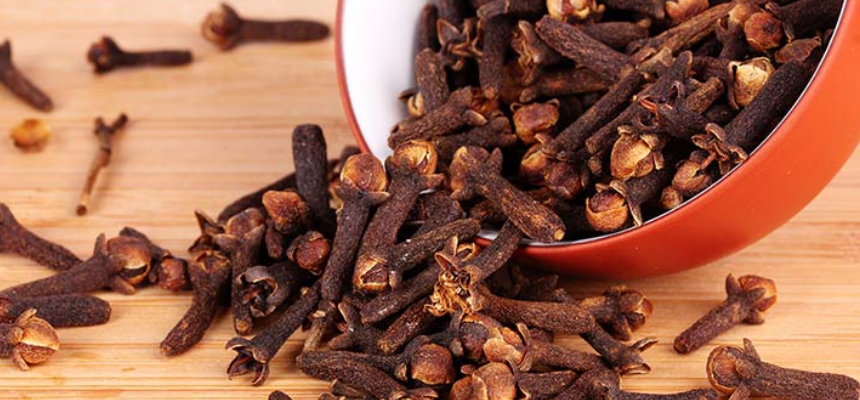BEAT THE SOARING HEAT & STAY SAFE FROM SUNSTROKES

The human body has evolved over millennia to resist the ravages of the elements. In the modern world, homes, offices and other indoor environments are rarely exposed to the elements, and our species as a result has not evolved to deal with prolonged or extreme environmental stress, such as prolonged or intense sunlight, cold, humidity, or wind. As a result, many people who are bound to stay outside during summers can suffer from a condition known as sunstroke.
The signs and symptoms of a sunstroke vary from person to person, but most typically manifest as malaise, fatigue, headache, nausea, dizziness, weakness, palpitations, confusion, anxiety, and an inability to think clearly. If untreated, sunstroke can lead to unconsciousness, seizures, and death. If you are feeling tired, weak, or unwell after being in the sun, seek shade immediately and drink plenty of water. These natural reactions to the sun can make you feel worse before they make you feel better.
When your body overheats, it can no longer regulate its internal temperature. This makes you more susceptible to heat exhaustion. Heat exhaustion is a serious condition. Signs of heat exhaustion include nausea, dizziness, fainting, and a feeling of weakness, as well as a very high body temperature. If you start to experience any of these symptoms, you should stop what you’re doing, move to a cooler environment, and drink plenty of water. In the case of heat exhaustion, it is important to rehydrate, but you should also avoid doing anything that causes you to overheat further, such as physical work. Heat exhaustion should be treated as a medical emergency. If the symptoms worsen, you should seek medical attention. Heat exhaustion can progress to heat stroke, which can be life-threatening.
Though Heat exhaustion is serious, but it is also very preventable. Stay hydrated, take breaks if you’re working outside, wear lightweight, loose-fitting clothes, avoid activities that cause you to overheat (such as exercising in hot weather), and monitor your health. But if you have a significant risk of heat exhaustion (such as people with COPD or other lung diseases), you may need to take extra precautions such as avoiding going out in hot weather conditions.
STAY AWAY FROM
- Alcohol, caffeine, junk food & fizzy drinks
- Extensive physical activity
- Synthetic clothes
- Spicy, salty and sour foods
- Dark, heavy or tight clothes
- Leftover food
- Do not stand directly under the sun

Dr. Vijay Kumar Agarwal
MBBS, MD, MRCP (ENGLAND)
Consultant Internal Medicine & Diabetologist
STAR Hospitals
For Appointments, Call: 040-447 777 77

 Disclaimer: Welthi.com does not guarantee any specific results as a result of the procedures mentioned here, and the results may vary from person to person.
Disclaimer: Welthi.com does not guarantee any specific results as a result of the procedures mentioned here, and the results may vary from person to person.









